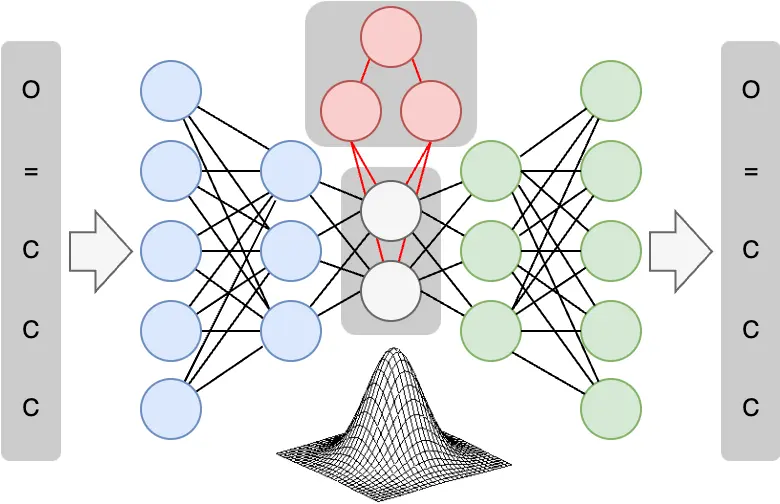Custom Software Development for Pharma & Biotech Industries
Pharmaceutical & Biotech companies often face hurdles, from stringent regulations to complex data security. We address these challenges with tailored pharmaceutical software solutions. Our tools support AI-driven drug discovery, secure data governance, and scalable analytics for R&D teams, CROs, and research institutions.
100 +
Projects
400 +
Publications
Custom Software Development for Pharma & Biotech Industries
Pharmaceutical & Biotech companies often face hurdles, from stringent regulations to complex data security. We address these challenges with tailored pharmaceutical software solutions. Our tools support AI-driven drug discovery, secure data governance, and scalable analytics for R&D teams, CROs, and research institutions.
100 +
Projects
400 +
Publications
Custom Software Development for Pharma & Biotech Industries
Pharmaceutical & Biotech companies often face hurdles, from stringent regulations to complex data security. We address these challenges with tailored pharmaceutical software solutions. Our tools support AI-driven drug discovery, secure data governance, and scalable analytics for R&D teams, CROs, and research institutions.
100 +
Projects
400 +
Publications
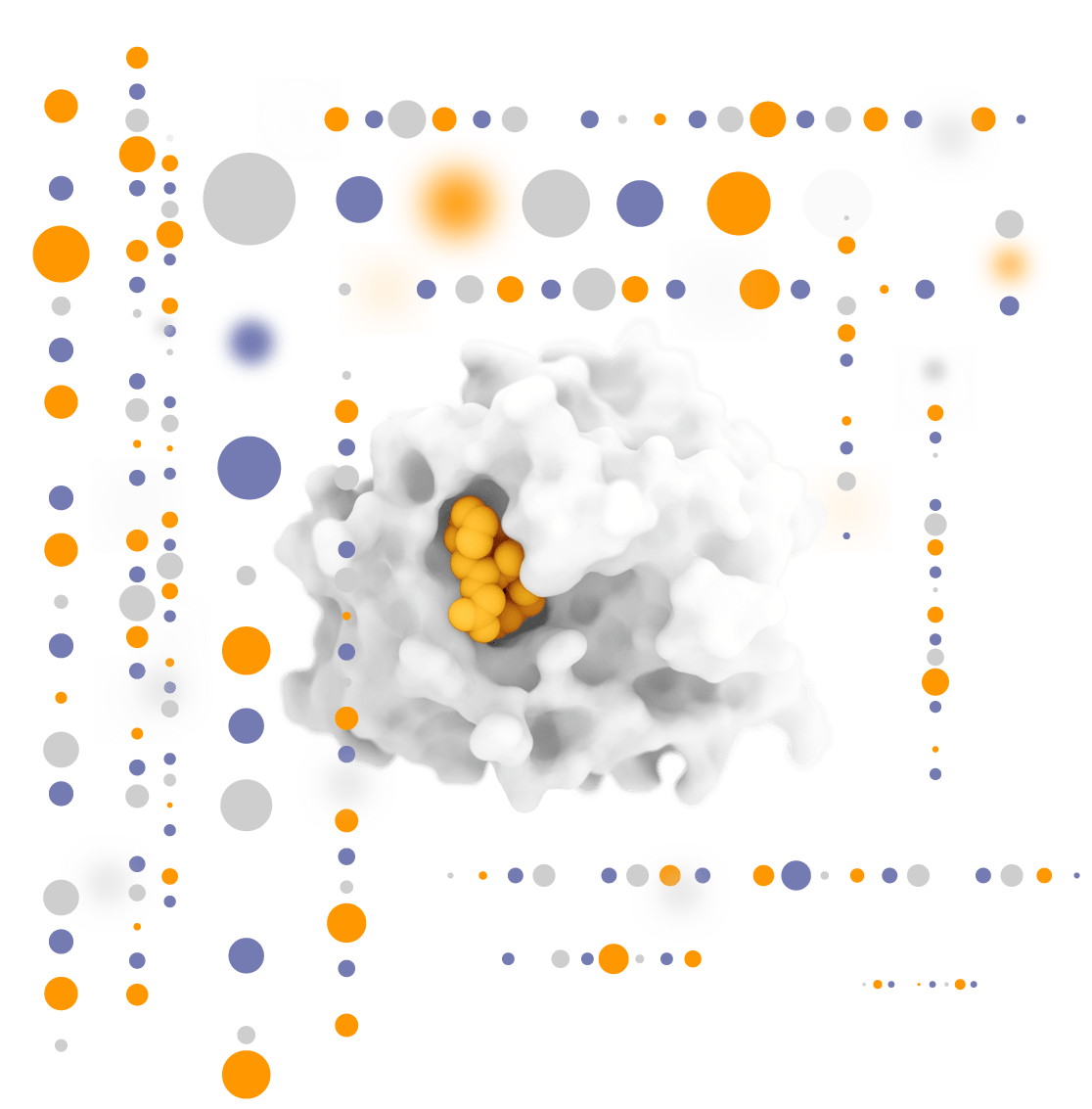
Our Pharmaceutical Software Development Services
Discover the power of software solutions for pharmaceutical industry by Blackthorn. We specialize in generative AI, ML, big data analytics, and custom software, delivering innovative systems backed by 50+ successful projects. We don’t just build software – we solve problems pharma teams wrestle with every day.
About Us
Blackthorn AI is a leading partner among pharma software companies, offering AI-driven solutions for drug discovery, clinical trials, and regulatory compliance.
With 50+ projects completed and certifications from AWS, Google, and TensorFlow, we deliver tools that make an impact.
100 +
Projects
400 +
Publications
4.2
years average customers engagement
50 +
world-class engineers
Our Awards & Certifications
Recognized as a top pharmaceutical software development company, Blackthorn AI has been ranked #1 in Top 100 AI Companies (UK, 2023) and awarded by Clutch for innovation. Certifications from AWS and TensorFlow reinforce our technical expertise.
Straight
to
business?
Get a Qualified Consultation from an Expert

Why Blackthorn AI for Pharmaceutical Software Development?
We build software for pharmaceutical companies with use cases like AI-powered adverse event prediction, advanced pharmacovigilance monitoring, real-time manufacturing quality control, and virtual trial participant engagement. Our solutions also address molecular binding prediction and automate regulatory reporting processes.
Crafted by Experts
-
All IT companies have developers, but not every company has pharmaceutical software developers.
-
It’s our strength which is reflected in every project we deliver.
-
We know the pharma niche deeply and can understand our clients’ needs almost intuitively, saving time and driving results.
Value-Driven Partnership
-
We don’t just deliver hours – we deliver outcomes.
-
We see every project as a chance to solve real challenges, not just tick off features.
-
Our principles – long-term partnership, trust, expertise, and a commitment to creating value that lasts.
Certified Professionals
-
Blackthorn AI’s certified experts bring proven skills to every project.
-
With credentials from AWS, TensorFlow, and Google, we ensure reliable solutions that are both innovative and compliant with industry regulations.
-
Our certifications back our commitment to quality and precision.
Efficient Structure
-
Our flat hierarchy and agile workflows reduce project complexity and improve delivery times.
-
With direct communication and clear accountability, we focus on your goals and create a streamlined path to success.
Successful Pharma and Biotech Projects Developed by Us
Uncover our success stories in pharma and biotech, where cutting-edge technology meets industry-specific innovation. These projects demonstrate our ability to create solutions that drive meaningful results in healthcare and research.
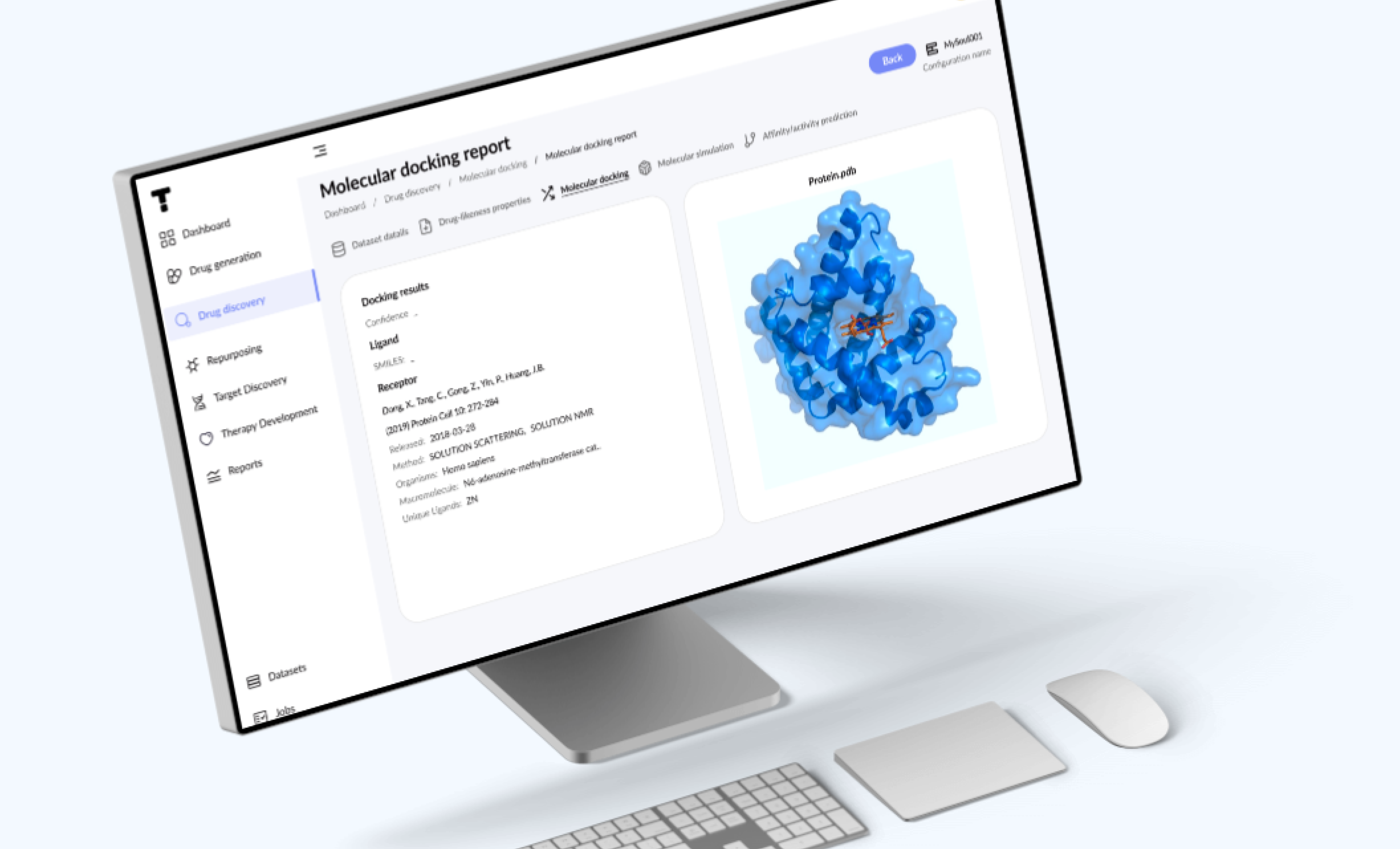
Multi-Omics GenAI Platform

Genome Analysis Data Platform

A Framework for Automatic Bundling Machine Learning Microservices
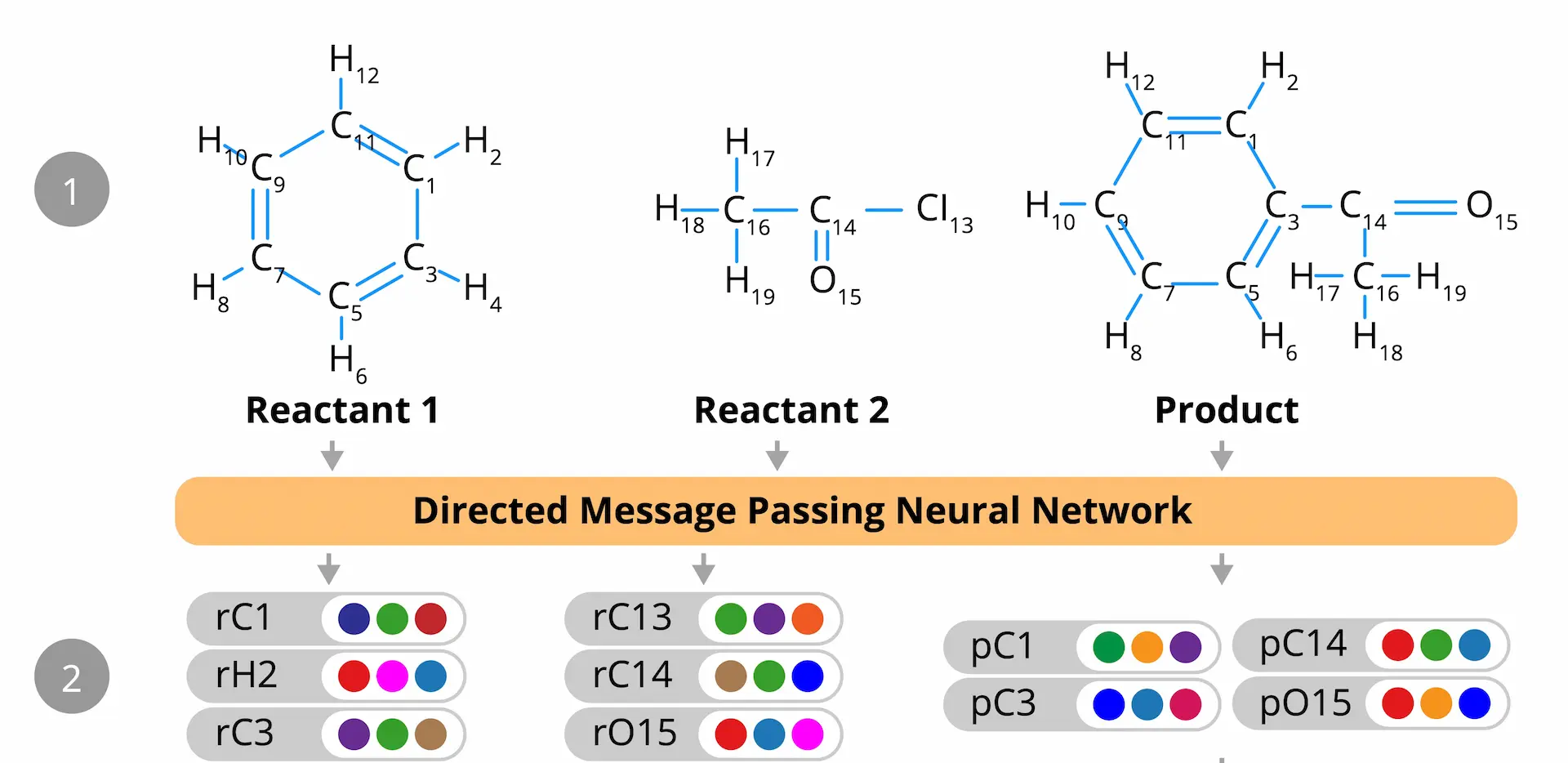
Chemical reaction yield prediction
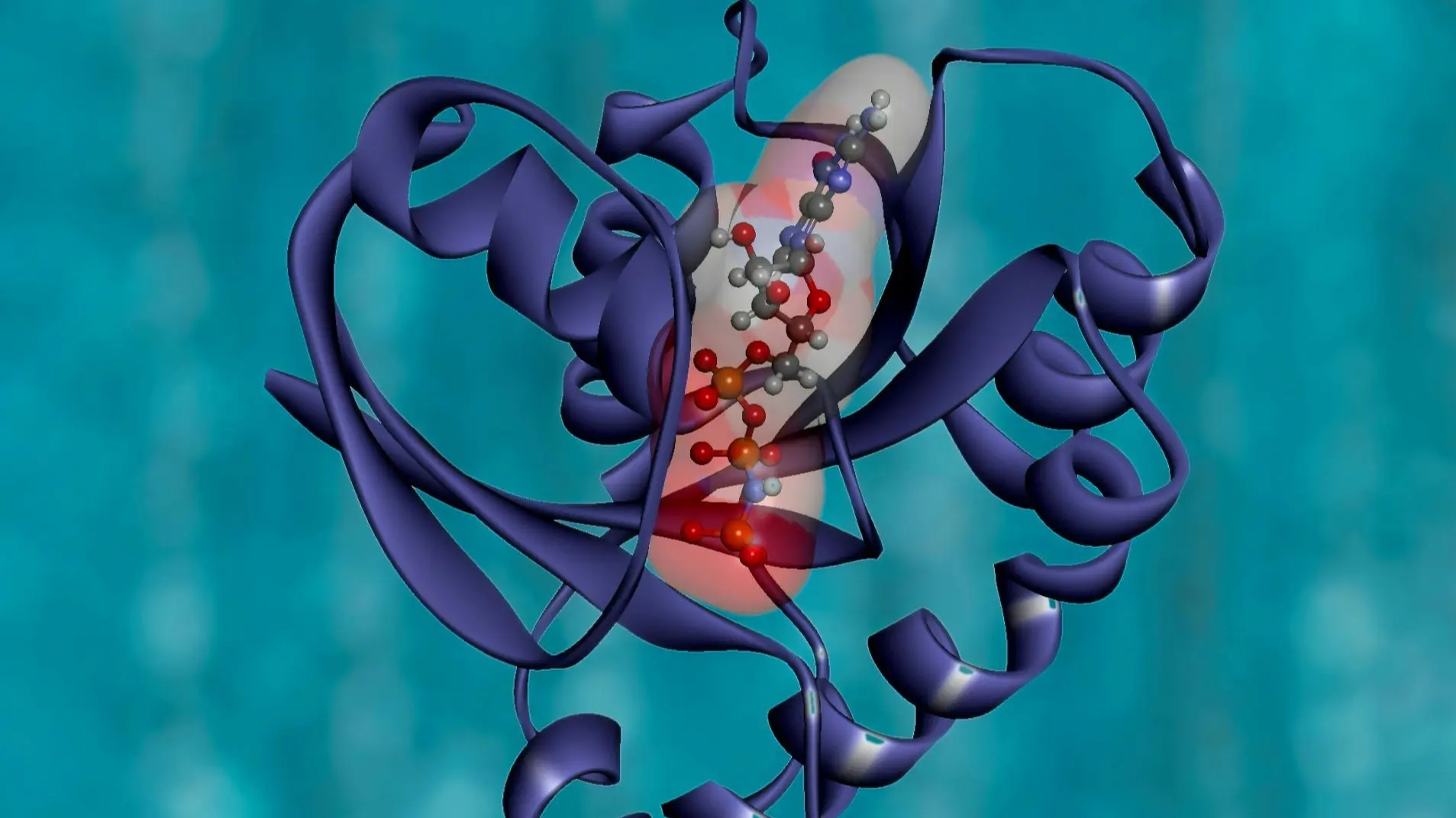
Molecular Binding Affinity Prediction
What Clients Say Аbout Our Solutions
Clients consistently highlight the quality of our pharmaceutical IT solutions. One review on Clutch stated, “Blackthorn AI’s expertise helped us achieve breakthroughs we thought were years away. Their dedication and precision are unmatched.”
Straight
to
business?
Get a Qualified Consultation from an Expert

FAQ
Data security is critical in our pharmaceutical software solutions. We incorporate secure pipelines, encrypted storage, and strict access protocols. For regulated industries like pharma and biotech, we adhere to compliance standards, safeguarding sensitive patient and research data.
We focus on solutions for genome analysis, drug discovery, and molecular modeling. Our expertise includes creating algorithms for drug repurposing, optimizing clinical trial group selection, and predicting trial outcomes. This helps pharmaceutical companies make faster, data-driven decisions.
Our process starts with solution design by AI Solutions Architects, followed by data collection and analysis with bioinformaticians. We then proceed to model development, evaluation, and iterative improvement. Final steps include testing and integration for practical, impactful outcomes.
For pharma software, we define key performance indicators at the start, such as improved drug candidate selection, reduced trial timelines, or enhanced diagnostic accuracy. For example, our binding affinity prediction model cut early discovery costs by 30% and reduced experimental timelines by weeks.
Absolutely. We’ve collaborated with startups to develop scalable solutions like genome data platforms that process terabytes of data in hours. Our flexible engagement models and focus on rapid prototyping make us an ideal partner for smaller, innovative teams.


















